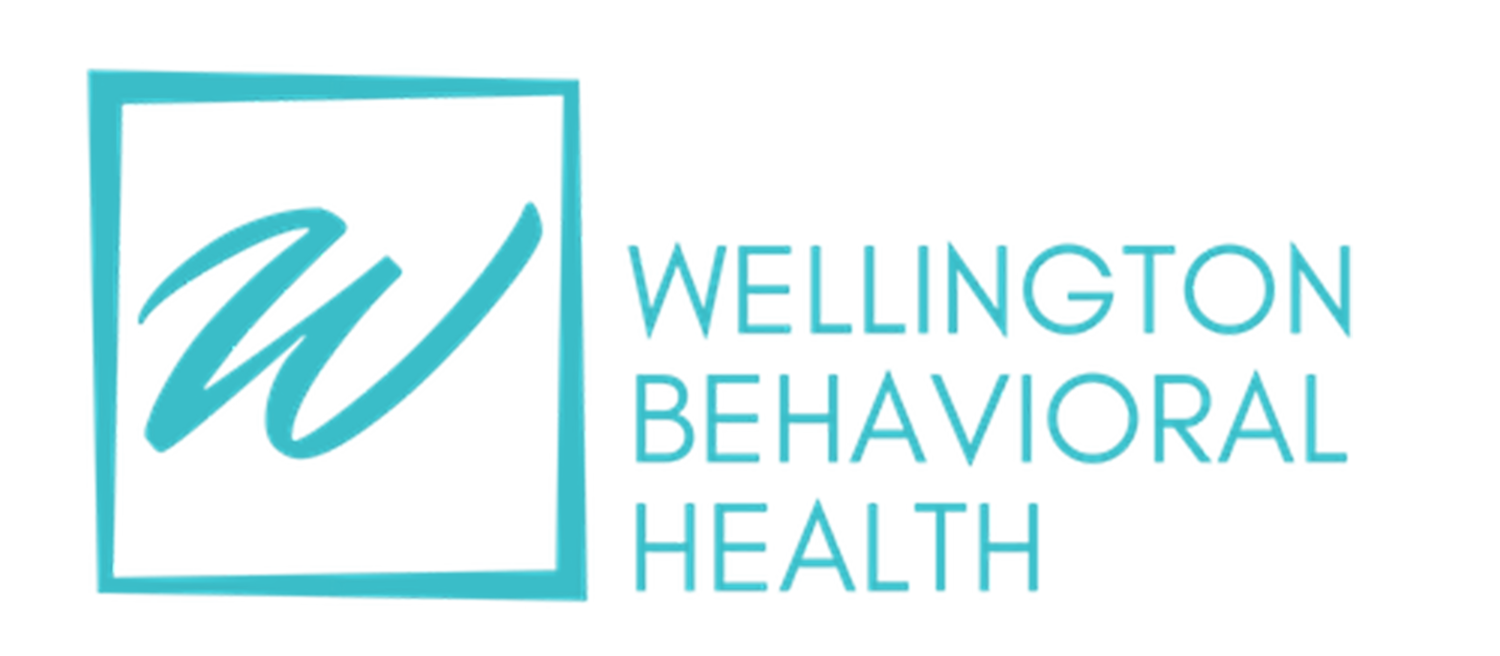Next week, we celebrate National Eating Disorders Awareness Week (NEDAwareness Week). This annual campaign strives to educate the public about the realities of eating disorders and also inspire hope for individuals and families impacted by eating disorders. This year’s theme is See the Change, Be the Change. Together, we can see the change by recognizing the evolution of the eating disorders field and be the change through advocacy, awareness, and community building.
In today’s blog post, I want to focus on the importance of the advocacy being done around the harmful impact of social media when it comes to eating disorders and body image.
The Connection Between Social Media and Eating Disorders
The statistics are scary: Eating disorders have the second highest mortality rate of all mental health conditions, and two million U.S. children alive today will develop one by the age of 20. The pandemic exacerbated the existing crisis by allowing these illnesses to thrive thanks to isolation and increased social media use. As a result, pediatric hospitalizations for eating disorders more than doubled in 2020. Plus, diagnoses among young people between the ages of 12 and 18 has increased by 25 percent since the start of the pandemic.
Fortunately, work is being done to remedy this problem. Earlier this week, Senators Richard Blumenthal (D-CT) and Marsha Blackburn (R-TN) introduced the Kids Only Safety Act in response to a series of Senate and House hearings focused on pediatric mental health and the eating disorders crisis as they relate to Big Tech’s failure to protect adolescents on their platforms.
The purpose of this legislation is to empower young people in the midst of a mental health crisis, one that includes rising hospitalization rates for eating disorders, self-harm, suicide, and depression and has been worsened by both social media and the pandemic. As Senator Blackburn explains, “The Kids Online Safety Act will address those harms by setting necessary safety guide rails for online platforms to follow that will require transparency and give parents more peace of mind.”
Three Tips to Engage with Social Media in a Healthy Way
Until these parameters are accessible, it’s important for users to engage with social media in a healthy way. Below, I offer three tips for positive usage:
1. Establish time limits for social media use. A recent study revealed that the average user spends 145 minutes on social media every single day. To better track your own scrolling habits as well as those of your kids, set up time limits on your devices. You can also institute “no technology” rules at home and encourage everyone to tuck their phones away for a few hours. Spend that time making memories instead of looking at other peoples’ highlight reels!
2. Pay attention to how you feel after social media consumption. Consider your “why” for scrolling. Are you lonely or bored? Are you looking for approval or distraction? Then, think about how you feel after being on social media. Are you jealous or depressed? Or do you feel inspired? Knowing your “why” as well as the emotional impact of your social media time can help you better navigate the various platforms. Talk to your kids about their reasons and emotions to help them understand the impact of their engagement.
3. Look for body positive content. When it comes to a user’s self-esteem and relationship to food and body, social media can also have a positive impact. Accounts that advocate that all bodies are normal and acceptable can reduce feelings of hopelessness and encourage healthy behaviors. There are also eating disorder awareness and support hashtags (like #SeetheChange and #BetheChange!) that serve to encourage users to fight against comparison and social pressures.
Discover the possibility of living a meaningful life. Discover the possibility of recovery. Reach out to Dr. Benaaz Russell, PsyD, CEDS, today to schedule an appointment!

